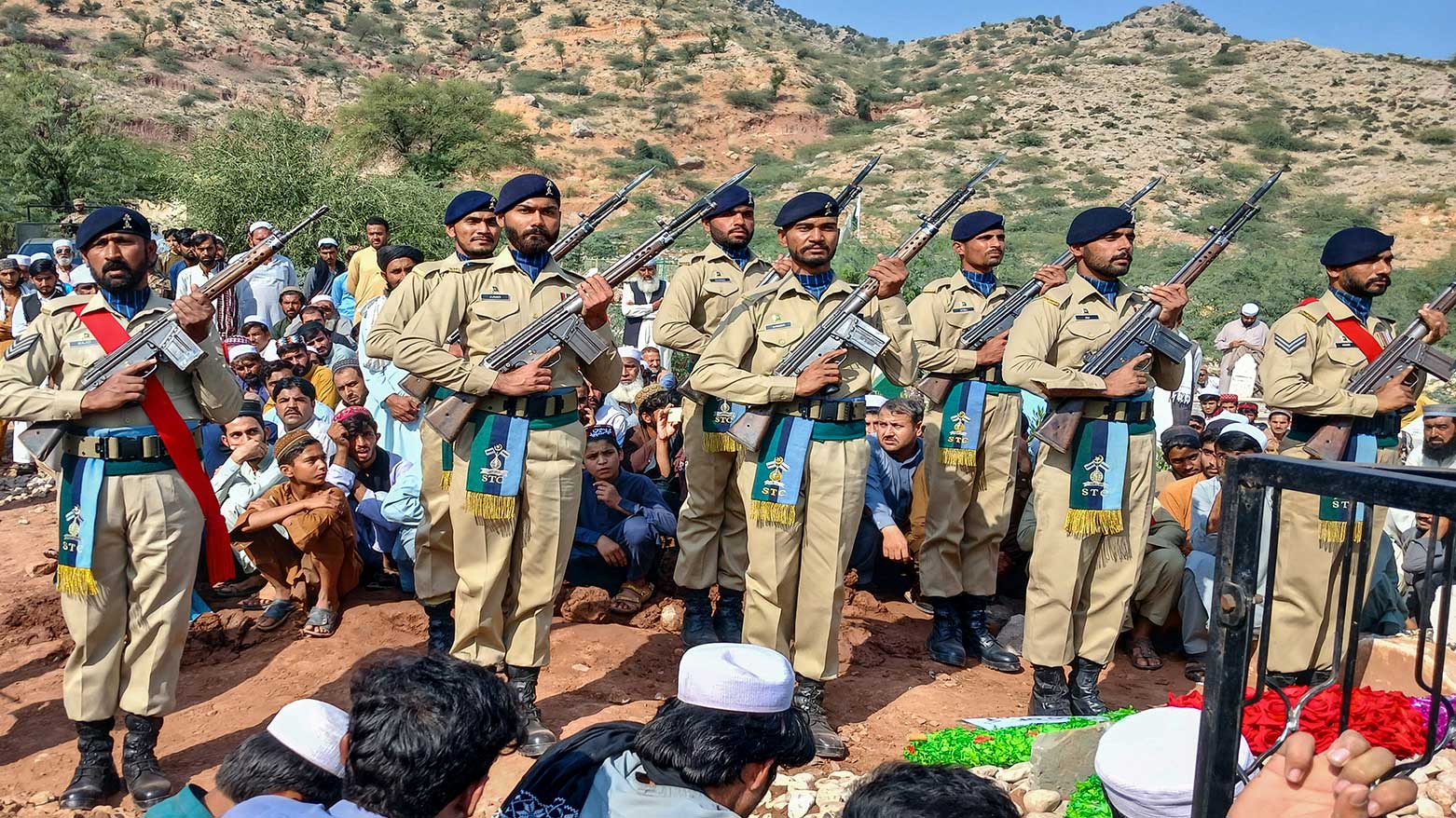Pakistan, Afghanistan Officials Meet in Qatar Amid Rising Border Tensions
High-Level Talks in Doha Aim to Halt Cross-Border Violence After Deadly Strikes Along Pakistan-Afghanistan Frontier.

ERBIL (Kurdistan24) — Pakistani and Afghan officials convened in Doha, Qatar, on Saturday in an urgent effort to restore calm along the volatile border, following air strikes by Islamabad that killed at least 10 Afghan civilians, including two children, just a day after a temporary ceasefire.
The strikes, which targeted areas in Afghanistan’s Paktika province, were reportedly aimed at a militant group linked to the Tehreek-e-Taliban Pakistan (TTP), according to Pakistani security sources.
The offensive came after a cross-border attack in North Waziristan killed seven Pakistani paramilitary troops on Friday. Kabul accused Islamabad of violating the 48-hour ceasefire, which had paused nearly a week of clashes that left dozens of troops and civilians dead on both sides.
A hospital official in Paktika confirmed the civilian casualties, while the Afghanistan Cricket Board reported that three domestic cricket players were among the dead.
“There is an atmosphere of fear and panic today,” said Anwar Bidar, a freelancer in Urgun. “I hope for a temporary ceasefire in the coming days, but experience has shown us that Pakistan regularly attacks border regions and will continue to do so.”
Despite rising tensions, the Taliban leadership ordered its forces to hold fire to safeguard the negotiations, according to Taliban spokesman Zabihullah Mujahid.
The Pakistani delegation was led by Defense Minister Khawaja Asif and intelligence chief General Asim Malik, while Afghanistan’s delegation was headed by Defense Chief Mohammad Yaqoob, the Taliban defense ministry reported on X.
Pakistan’s foreign ministry described the talks as an effort to “end cross-border terrorism against Pakistan emanating from Afghanistan and restore peace and stability along the Pak-Afghan border.”
Islamabad also thanked Qatar for its mediation efforts, though Doha has not publicly commented on the discussions.
At the heart of the conflict are security concerns, with Pakistan alleging that Afghanistan shelters TTP militants responsible for deadly attacks in Pakistan — claims Kabul denies.
“Equally disconcerting is the use of Afghan soil for terrorism in Pakistan,” Pakistan’s army chief General Asim Munir said at a military parade on Saturday, adding that “proxies have sanctuaries in Afghanistan” used for attacks inside Pakistan.
Defense Minister Asif further accused Kabul of acting as “a proxy of India” and plotting against Pakistan, remarks rejected by Afghan Deputy Interior Minister Mullah Mohammad Nabi Omari, who said: “We neither brought the TTP here, nor supported them, nor did they come during our time.”
The cross-border violence escalated after explosions in Kabul on October 11, coinciding with Taliban Foreign Minister Amir Muttaqi’s visit to India, Pakistan’s regional rival. Subsequent Taliban operations along the southern border prompted Islamabad to respond with air strikes.
Afghan officials, while noting that the situation is slowly returning to normal, cautioned that “there is still a state of war and people are afraid”, according to Saadullah Torjan, a minister in Spin Boldak.
Neighboring Iran has offered to mediate, warning that continued tensions “threaten to undermine the stability of the entire region,” according to state news agency IRNA, following a call between Iranian and Afghan foreign ministers.
As high-level talks proceed in Doha, both sides face mounting pressure to prevent further civilian casualties and to establish lasting mechanisms for border security that could avert a broader regional escalation.